The US State Department has approved the sale of A-29 Super Tucano aircraft and weapons to Nigeria.
The sale includes all associated training, spare parts, aviation and ground support equipment, and hangar, facilities, and infrastructure required to support the program.
The estimated total case value is $593 million.
The US Defense Security Cooperation Agency delivered the required certification notifying Congress, this can be read below:
“These aircraft will support Nigerian military operations against terrorist organizations Boko Haram and ISIS West Africa, and Nigerian efforts to counter illicit trafficking in Nigeria and the Gulf of Guinea.
The Super Tucano is a sustainable platform for counterterrorism, counter-insurgency, border surveillance, and illicit trade interdiction operations.
Nigeria is an important partner in the U.S. national security goal to defeat ISIS, including its branches in Africa, and this sale is part of the U.S. commitment to help Nigeria and the Lake Chad Basin countries in that fight.
The proposed sale, and associated training and engagement, is one piece of broader U.S. security cooperation to help professionalize, modernize, and build the capacity of Nigeria’s armed forces and strengthen the U.S. security relationship with Africa’s largest democracy.”
The prime contractor is the Sierra Nevada Corporation, headquartered in Centennial, Colorado. There are no known offset agreements proposed in connection with this potential sale.
The notice also adds that implementation of this sale will require the assignment of US Government or contractor representatives to Nigeria for mobile training teams and contract logistic support. The case will include special training on the law of armed conflict and human rights, and air-to-ground integration to minimise civilian harm in air operations.



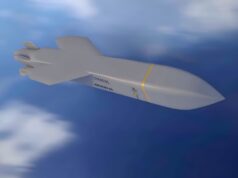
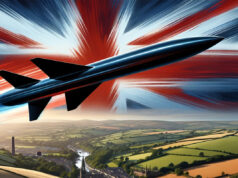
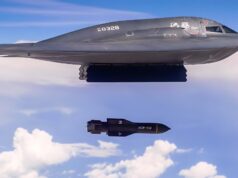
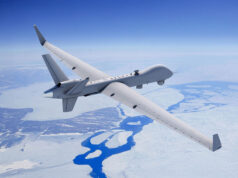
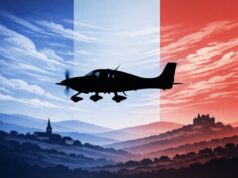


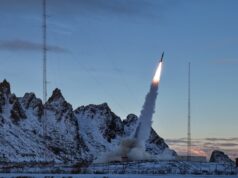
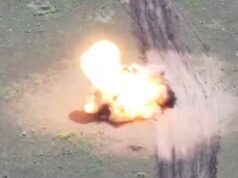


Let’s just hope the Nigerian Air Force don’t bomb their own people – again.
Agree with your sentiment 100% A.Smith
it is always worrying how readily we sell weapons to countries with dubious human rights records. I guess if we do not sell weapons someone else will.
on a military matter i do wonder if the RAF/ Army air corps are missing a niche here. Turboprops although slower than jets fo offer some unique advantages.
1) lower size and potential for low radar cross section
2) slower stall speed and ability to deliver accurate fire in close air support role
3) lower noise and thus ability to perform a stand off surveillance and interdiction role.
4) lower cost, whilst still potentially able to deploy advanced sensors, weapons and counter measures.
Remember in WW2 it was the turboprop and supercharged engined planes from the USA and Russia, with lesser numbers coming from the uk that turned the tide of war. Russia for example produced over 50,000 fighters and fighter bombers in 1944 alone, with a wartime total of nearly 100,000 frontline fighters, fighter bombers and bombers produced. Staggering numbers of simple but effective warplanes.
Do you really want to risk seeing RAF personnel being burned to death in an ISIS cage ? Nope, i am happy to pay my taxes for state of art jets that fly high and fast while carrying very expensive, cutting edge weapons.
Well, the WW2 aircraft weren’t turboprops but the point about simple but effective aeroplanes is well taken. The only problem is that they need complete air superiority for them to be survivable and even then they may be vulnerable to manpads and radar guided AAA systems like the ZSU-23-4. You could argue that attack helicopters perform the same function but they are typically armoured to withstand at least heavy calibre machine guns. A10s and SU-25s seem to be a good solution. I don’t see western countries buying hundreds of Super-Tucanos and the like for close support.
The USAF is actually evaluating the idea in the Light Attack/Armed Reconnaissance program this year. As a cheap air support aircraft is needed due the A-10 fleet getting long in the tooth and since Fairchild Republic went out of business there is no possibility of buying more.
Also the other commenters don’t seem to realize the A-10 and SU-25 can’t be deployed without total air superiority either. In addition turboprop aircraft were very effective and cheap air supp in Vietnam despite the presence of ZSU23 shilkas there.
Somebody help me out here. Was this a ripoff or what? Pentagon bought 20 pcs costed at $18m for about $21 m yea yea considering accessories, spares and weapons . Nigeria is buying 12 pieces for close to $600m. What’s the deal here ?